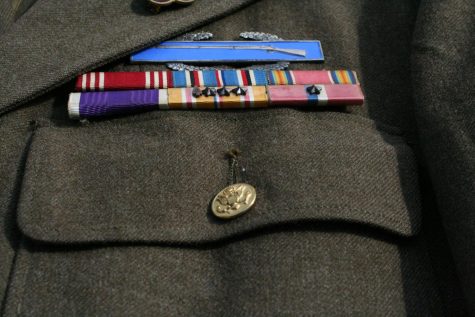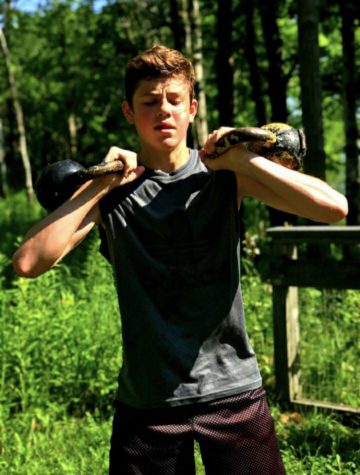What It Feels Like to Be a Referee
By Dawn Deservi as told to Kaleigh Miller
I don’t know if there is an average game. As you’re approaching the field, if you know the teams or the coaches you always have to figure out which one’s there—each coach has their own unique personality. Some of them you get to know and are very encouraging and good to work with. Other ones are very abrasive and accusing and you know you’re gonna have a tougher game, and you’re going through your head thinking, “Okay, I have to have a lot of patience, a lot of tolerance, pick and choose which things to act on.”
It’s not just about getting to know the people you’re working with on the field, the court or the diamond. You have to make sure all the conditions are proper on the field; the refs actually have the authority to completely terminate the game based on the conditions. Coaches, players, schools don’t like that, so you have to be ready for a conflict if that happens. There are a lot of things running through your head: equipment, fields, conditions, conflicts, coaches, rules. Sometimes it’s overwhelming, no matter how many years you’ve been doing it.
When the game starts, you have to start dealing with the coaches, fans and players. The coaches, unfortunately, heckle you a lot. Some of them take it way too far where it makes you very angry. Me, personally, I have a hard time enforcing the rules on the coaches because it penalizes the team, not the coach, and I don’t like to penalize people for what they didn’t do. I usually try to threaten a lot with the coach rather than actually enforcing it and hopefully get them to realize to shut up.
And the fans, you expect it from them. One time at Lakes, there was a fan that was getting brutal in his heckling of Antioch’s players. He was telling the Lakes girls to break her leg, take her out or take her down. And then the comments started coming towards me because I’m not doing what the parent wants me to do. I was trying to figure out who it was and it came to the point where finally he came to me and said, “I’m just gonna come on the field and kill you.”
I stopped the game and kicked him off the property.
The players are a little different. One time, I had a player square off to fight someone, so that’s when you just have to throw them off the field. Coach-wise, my worst one was Lake Forest Academy. She was in the field following me and screaming at me over a rule. It was the closest I’ve ever came to penalizing a team for a coach, and I really should’ve. But once again, I don’t want to penalize the girls for something they have no control over, and that’s what I’m hung up on all the time as a ref.
Finding the line between how much you tolerate and where you step in is one of the hardest parts of being a ref. Personally, one of my most difficult things is not coaching. There’s so many times when I can see something that could easily be corrected to make a huge difference, but as a ref you can’t take that player and correct it; instead, you have to just let it be. That’s frustrating to me, knowing that there’s something that can make them so much better and it’s so easy to do.
Reffing-wise, the most difficult thing is actually watching the game because it’s completely different than playing. Your view gets blocked quite a bit, oftentimes where a player knows something happened but since you didn’t see it, you couldn’t call it. You see the players getting irritated that you didn’t call it and you know something was there. But you just can’t do it because there isn’t enough to go off of, so that gets difficult. Just the interpretation, trying to figure out who to call a foul on when two or three people were there at the same time, is very difficult reffing wise. It’s an exhausting mental thing because you really have to focus.
Even if you’ve played the sport for years, your confidence level is low when you start to ref it. You’re always nervous to make the call; however, after years under your belt, you’re able to think, “Yep, that’s it. Let’s go. Let’s move.” You become more confident on directing the players and controlling the game rather than allowing your influence to control how you run the game. It gets easier with practice—becoming increasingly smoother each and every game you step on the field.
One of the things that I always keep in mind comes from the days when I played my sport. I remember my frustration when there was a bad ref. It really makes a difference in the game, and it makes a difference in how much somebody likes a sport and if they’re going to continue with it. What’s also sad, is that a bad ref impacts how well the players are going to continue to learn the sport, play the sport and respect the sport. The good ref helps improve the players and, in the end, I love to do that.











